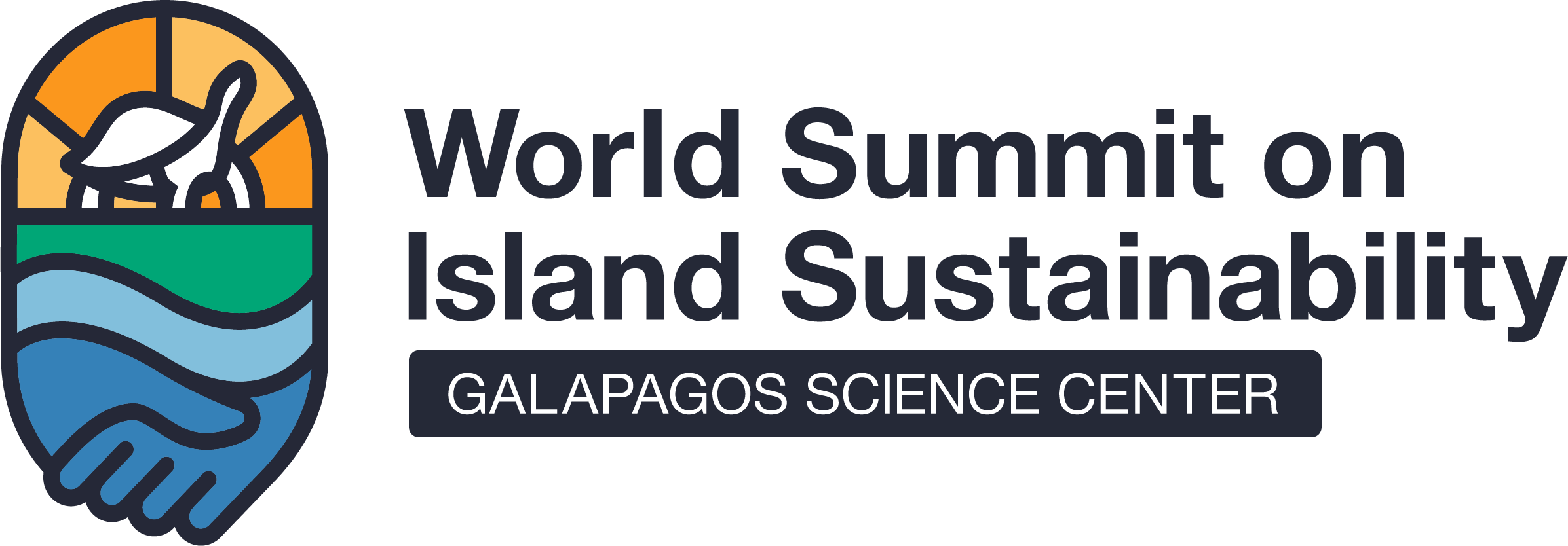Featured Speakers
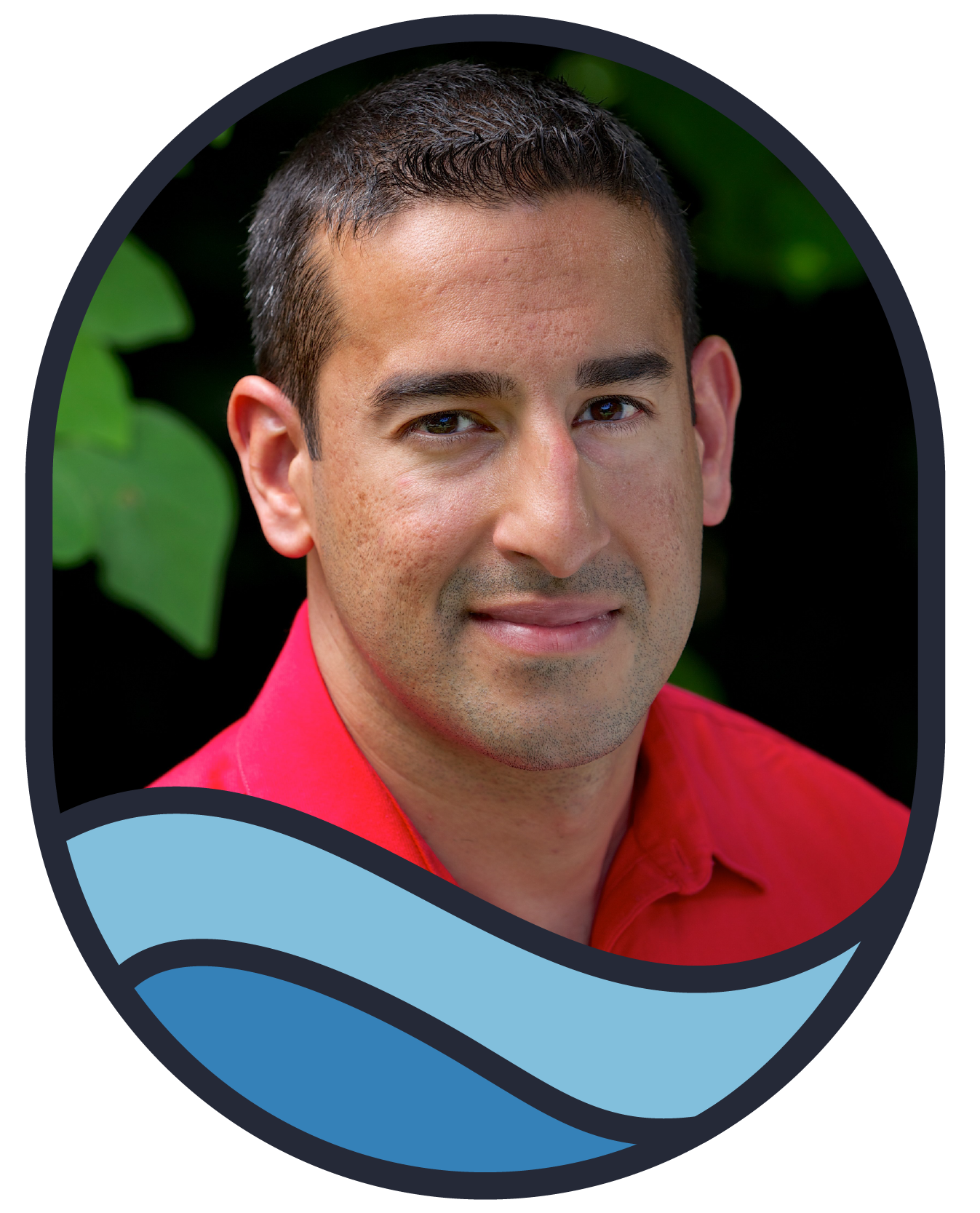
Nikhil Advani
World Wildlife Fund
Dr. Nikhil Advani is part of the World Wildlife Fund (WWF) team. Nikhil's projects are focused on the relationships between communities and wildlife, thus understanding the threats they face.
Dr. Nikhil Advani's role at WWF is at the intersection of communities, wildlife and the varied threats they face, from climate change to the global COVID-19 pandemic. Most recently, he is leading a GEF project focused on how COVID-19 is affecting nature-based tourism in eastern and southern Africa, which seeks to connect funders to communities most affected by the crisis (African Nature-Based Tourism Platform).
Other projects under Nikhil's portfolio focus on better understanding how wildlife and rural communities are being affected by changes in weather and climate, and developing and implementing solutions to help them adapt. These include an initiative to gather data and implement climate adaptation projects for rural communities (WWF Climate Crowd), a Wildlife and Climate assessment series to research species vulnerability to climate change, creation of a Wildlife Adaptation Innovation Fund to help at risk species adapt to climate change, and he is a member of the IUCN SSC Climate Change Specialist Group. In 2019 he was awarded the Emerging Leader Award by The College of Natural Sciences at The University of Texas at Austin, and currently serves on their advisory council.
Nikhil was born and brought up in Kenya, and went on to pursue his bachelor’s degree and Ph.D. at The University of Texas at Austin. His thesis focused on gaining a better mechanistic understanding of species response to climate change, using the Glanville Fritillary butterfly as a model species. He then worked for the Nature Conservancy in Texas, prior to joining WWF in 2013.
On-the-Ground Solutions to Help People & Wildlife in a Changing Climate
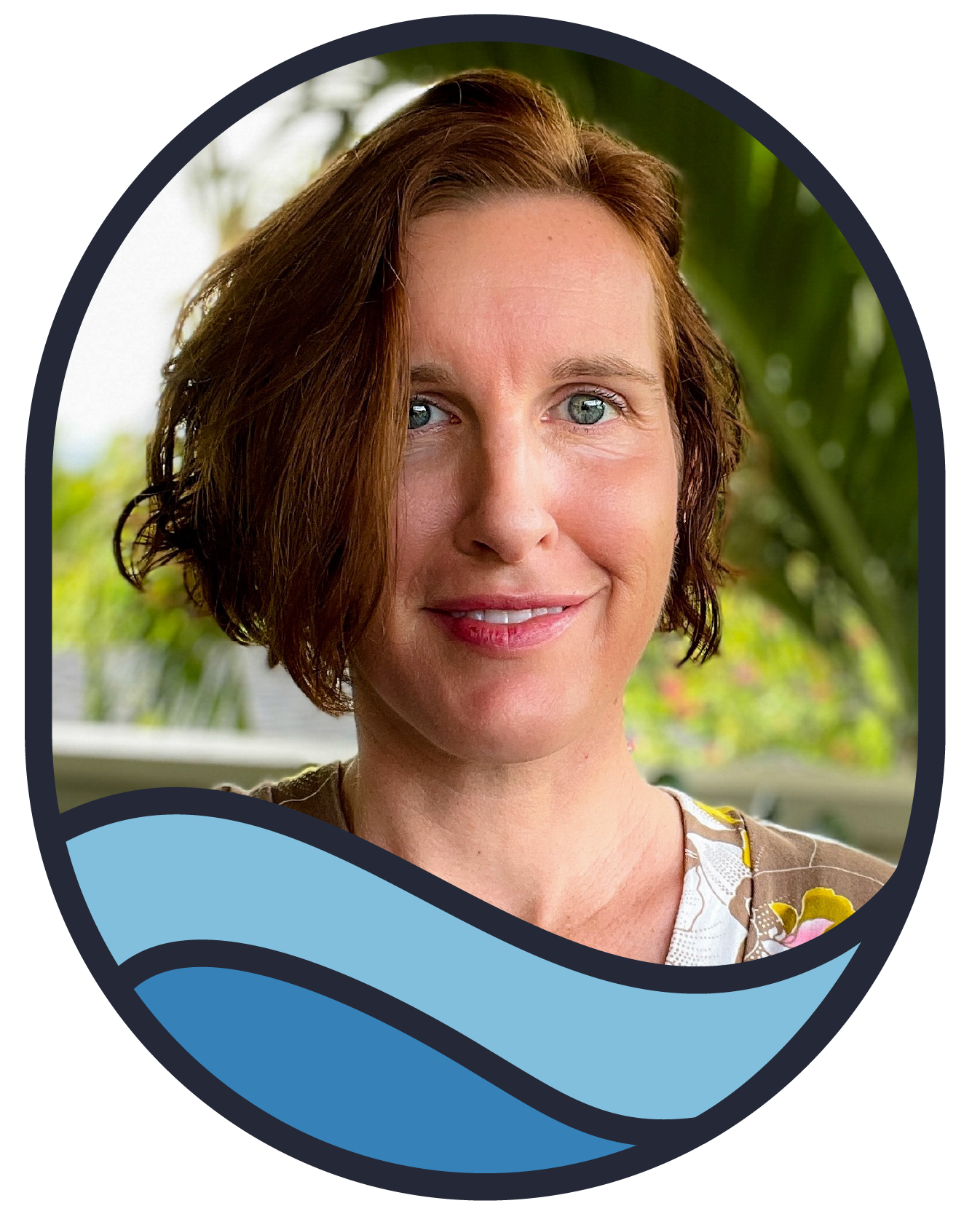
Laura Brewington
Pacific Regional Integrated Sciences and Assessments (RISA) Center
Dr. Laura Brewington is the Co-Director of the Hawaiʻi-based Pacific Regional Integrated Sciences and Assessments (RISA) Center at Arizona State University’s Global Futures Lab, which specializes in stakeholder-driven, policy-oriented research to support climate adaptation in the Pacific Islands region. She is also a Research Fellow at the East-West Center in Honolulu, Hawaiʻi, and the Lead Investigator of the Pacific Islands Climate, Health, and Migration project. Dr. Brewington co-founded the Pacific Regional Invasive Species and Climate Change (RISCC) management network and is a member of the Pacific Invasives Partnership, promoting a coordinated regional approach to international biosecurity, sustainability, and natural resources management. Before moving to Hawaiʻi, she held a quarantine and biosecurity fellowship with WildAid, an international marine-conservation NGO, where she coordinated a comprehensive evaluation of the quarantine chain in the Galapagos Islands of Ecuador. Dr. Brewington completed a post-doctoral fellowship with the Center for Galapagos Studies at the University of North Carolina–Chapel Hill. She received her Ph.D. in Geography from the University of North Carolina at Chapel Hill based on her research on agriculture, invasive species, and conservation in the Galapagos.
Invasive Species and Climate Change – Lessons
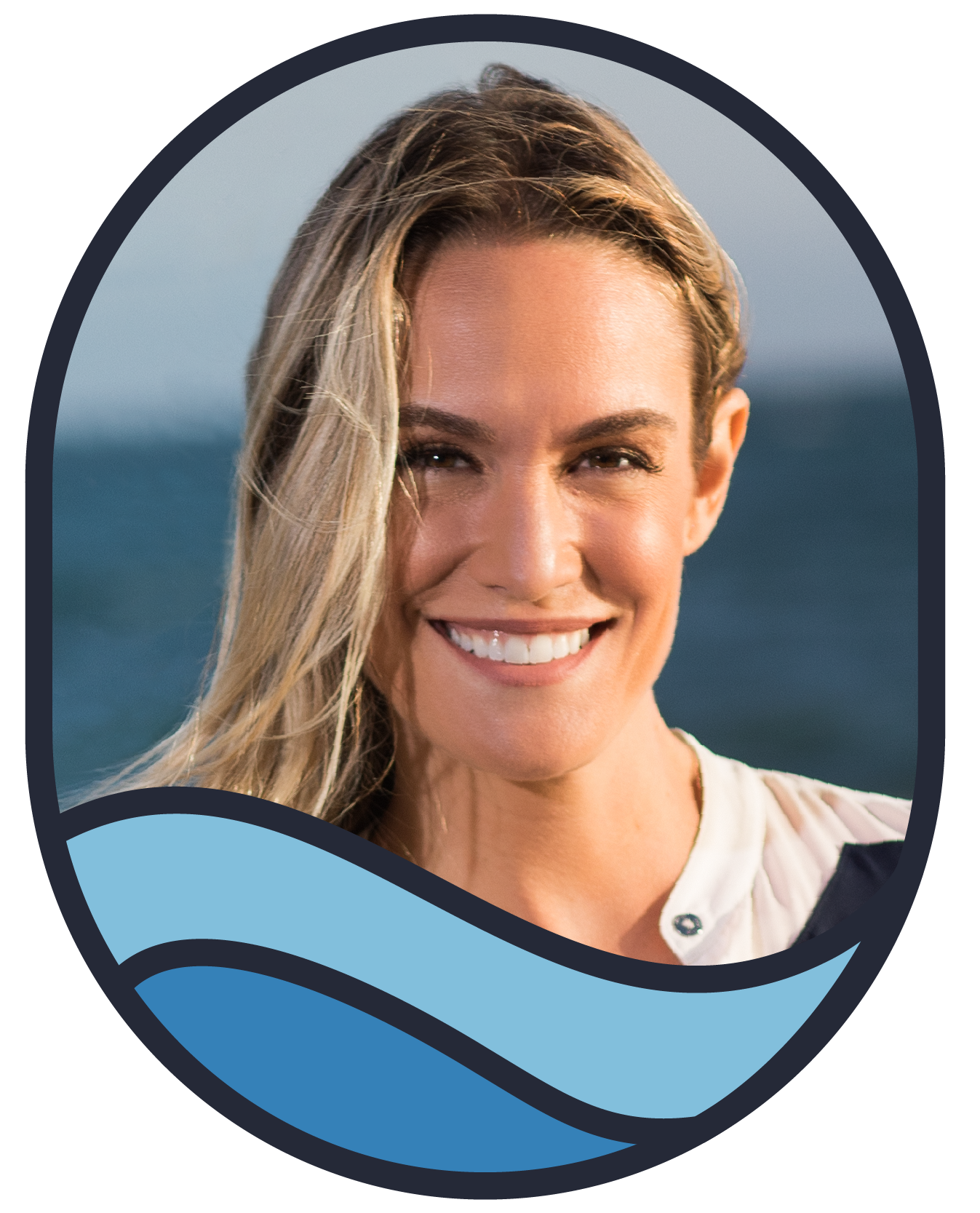
Ashlan Cousteau
EarthEcho International
As a host, speaker, author, and filmmaker, Ashlan use the power of entertainment to tell stories that captivate and inspire. Ashlan is a voice for environmental issues on Capitol Hill through events and briefings and is a member of the advisory board of WWF, Ocean Unit, and the Environmental Media Association. For the last decade, Ashlan has worked with EarthEcho International to build a global youth movement to protect and restore our ocean planet.
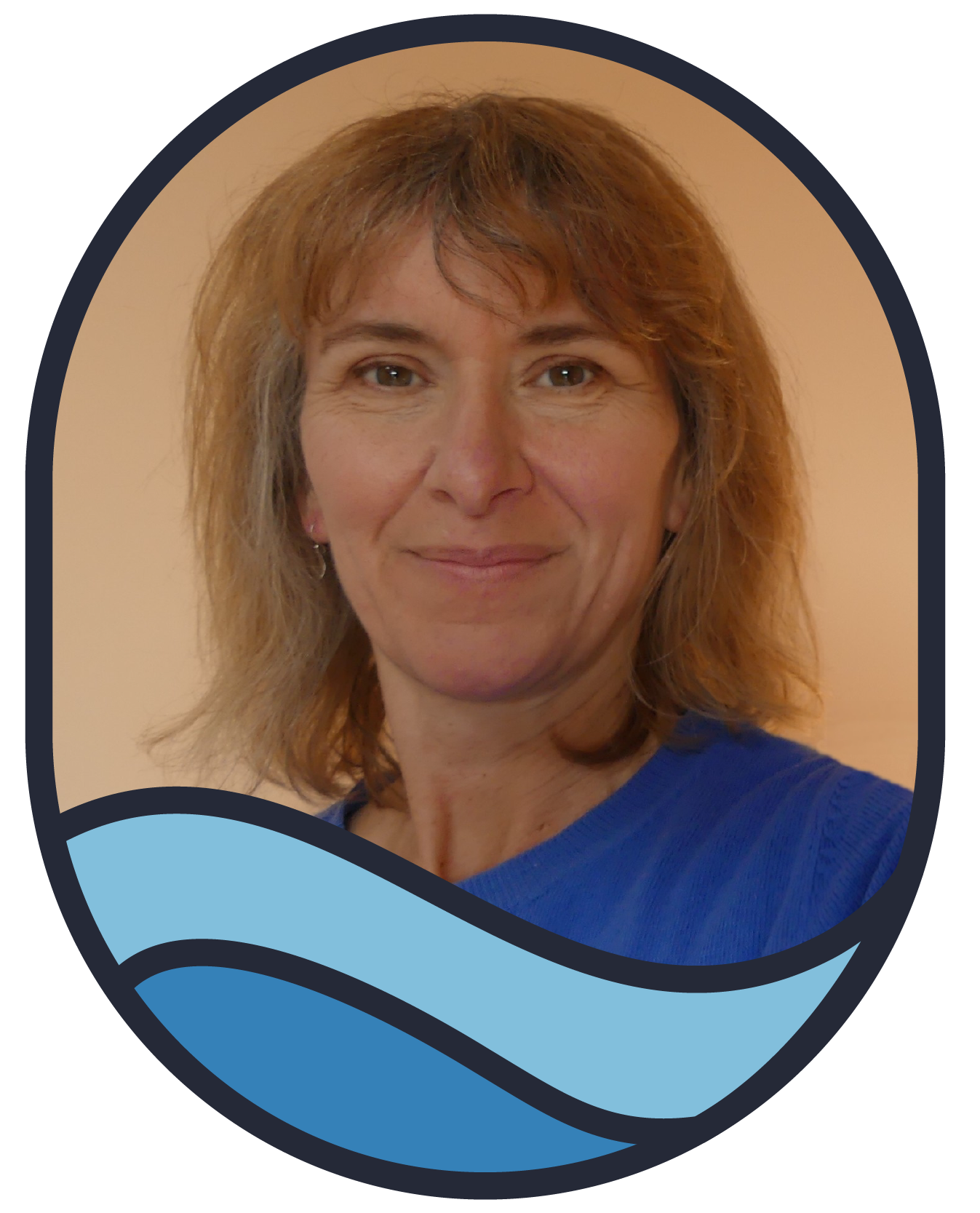
Jenny Daltry
Re:Wild
Dr. Jenny Daltry works chiefly on the restoration of island ecosystems and recovery of endangered species. As Caribbean Alliance Director for Re:wild and Fauna & Flora International (FFI), Jenny supports civil society groups and governments throughout the Caribbean to develop practical solutions to this region’s exceptionally high rate of biodiversity loss. Though perhaps best known for leading programs to save critically threatened reptiles, including Siamese crocodiles and Antiguan racers, Jenny has worked on a wide variety of animals and plants in over 30 countries. She began as a volunteer, working in zoos and supporting research and conservation in India’s Andaman and Nicobar Islands. Her doctoral research took her to Southeast Asia, where she studied the ecology of venomous snakes before embarking on biodiversity inventories and working with Indigenous communities to preserve critical habitats and improve livelihoods. She received a knighthood for her services to Cambodia in 2010. Jenny’s interest in ecosystem restoration began in 1995 upon seeing the devastating impacts that non-native rats have on Caribbean biodiversity. Since then, she has led projects to eradicate harmful invasive animals and plants from 30 islands, successfully catalysing the rapid recovery of native species and ecosystems. Jenny is particularly interested in how restoring healthy, functioning island ecosystems, both inside and outside of protected areas, can strengthen the resilience of people and wildlife to climate change. She is an active member of six IUCN SSC Specialist Groups and a National Geographic Emerging Explorer.
The Caribbean ecosystems are in very weakened and vulnerable state
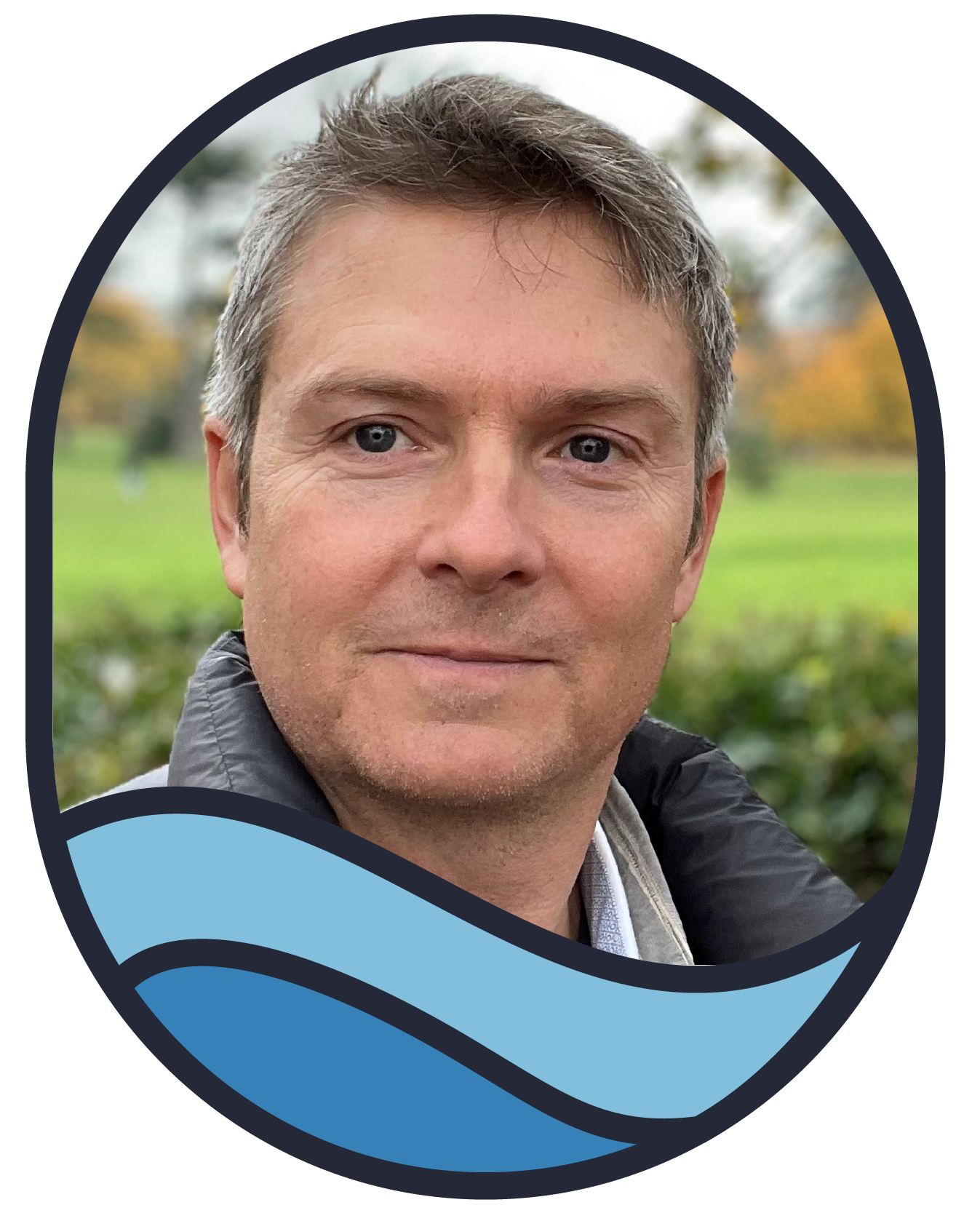
Neil Davies
Gump South Pacific Research Station
Neil Davies is Director of the University of California’s Gump South Pacific Research Station on Moorea (French Polynesia) and Research Affiliate at the Berkeley Institute for Data Science. He is a founding director of Tetiaroa Society and Vice President of the Blue Climate Initiative, a flagship program of the UN Decade of Ocean Science for Sustainable Development. Davies graduated in Zoology from the University of Oxford and has a PhD in Genetics from University College London. He helped develop the field of biodiversity genomics by leading the first DNA sequencing of an entire tropical ecosystem and initiating a global network of genomic observatories. He is co-author of the book “Biocode: The New Age of Genomics” (Oxford University Press, 2015) and serves on the board of the Genomic Standards Consortium. With colleagues from the University of California, ETH Zurich, France’s CNRS, and Oxford University, Davies launched the Island Digital Ecosystem Avatar (IDEA) Consortium in 2013. Digital avatars are sustainability simulators of social-ecological systems, modeling feedbacks between climate, environment, biodiversity, and human activities across coupled marine–terrestrial landscapes. To further these efforts, Davies co-founded EvolutionXD in 2018, a San Francisco-based company leveraging blockchain technology to promote scientific data sharing and advance community data trusts. Davies continues to work on how place-based data and holistic computational models of place – particularly islands – can promote social equity and environmental justice. The overarching goal of his research is to help establish the Infrastructure for Democratic Ecological Action that is needed to address society's wickedest problems.
Island Digital Ecosystem Avatars (IDEA) Consortium
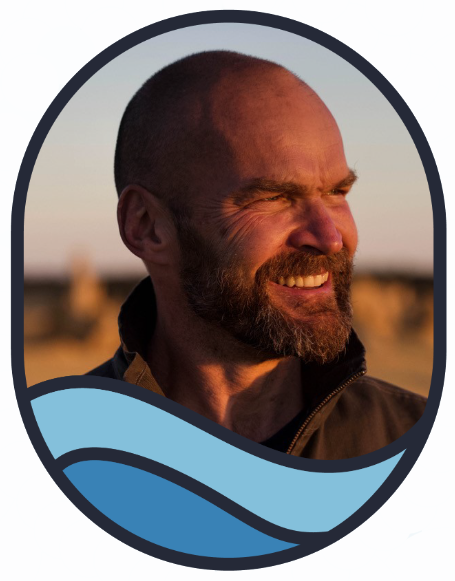
Monty Halls
Galapagos Conservation Trust
Prior to the pandemic, Monty and his family lived on Santa Cruz, then Isabela, in order to tell the story of the balance between community and tourist pressures, and the ecosystem of the islands. The two resultant series “My Family and the Galapagos” have been viewed globally. Monty is passionate about community initiatives, and empowering the next generation to engage with the conservation challenges ahead. He firmly believes that in this area – as in so many others – Galapagos can lead the way.
The new generation with the community are committed to the challenges of conservation
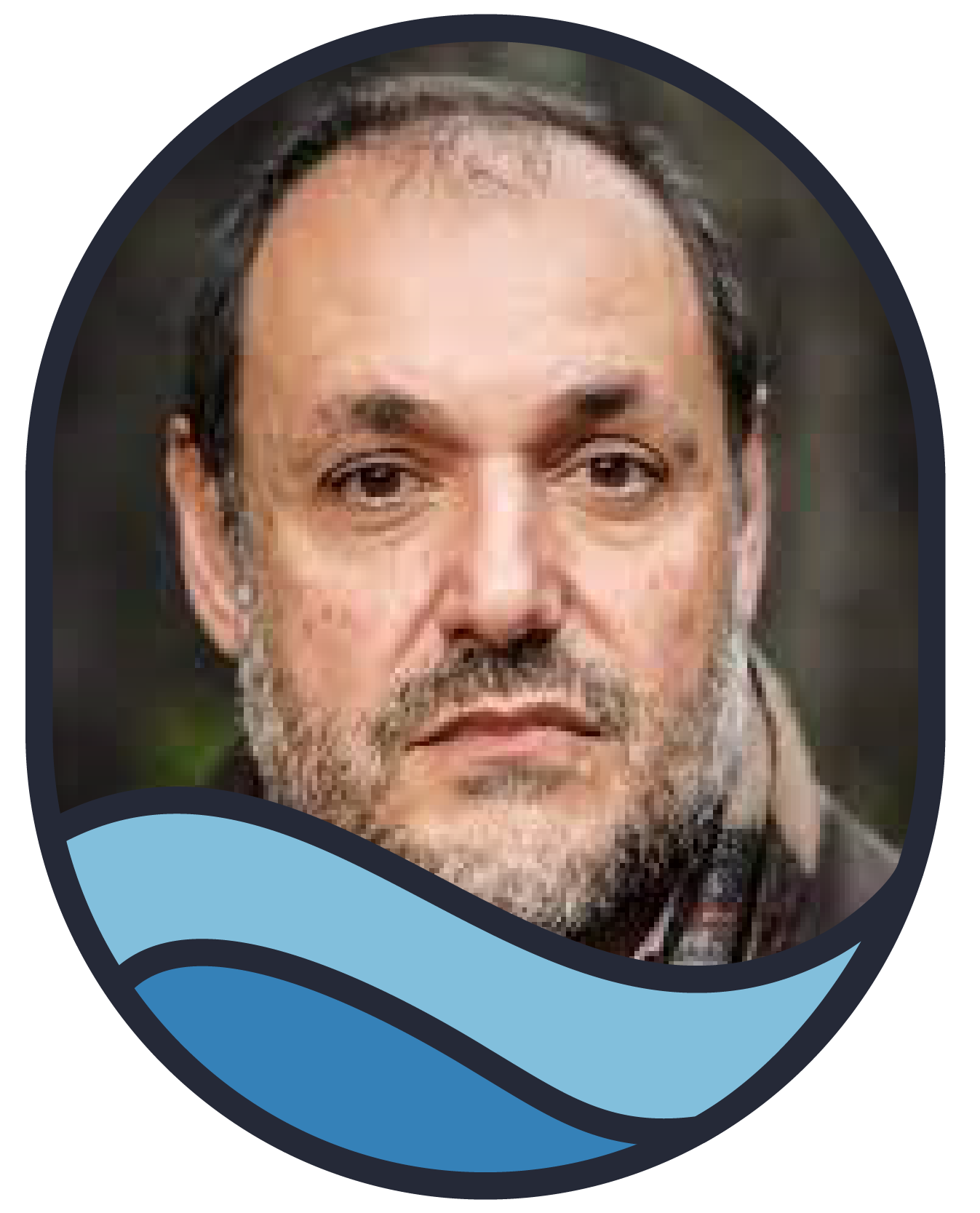
Juan Pablo Luna
Pontificia Universidad Católica de Chile
Juan Pablo Luna is Professor of Political Science at the Pontificia Universidad Católica de Chile. He received a Ph.D. in Political Science from the University of North Carolina at Chapel Hill.
He is the author of Segmented Representation. Political Party Strategies in Unequal Democracies (Oxford University Press, 2014), and has co-authored Latin American Party Systems (Cambridge University Press, 2010) and Latin American Politics and Society. A Comparative Historical Perspective (Cambridge University Press, 2022). He also co-edited The Resilience of the Latin American Right (Johns Hopkins University, 2014) and Diminished Parties (Cambridge University Press 2022). His work focuses on political representation, state capacity, and organized crime.
Globalization & the Challenging Political Economy of Governing (and Researching) Islands in Contemporary Times
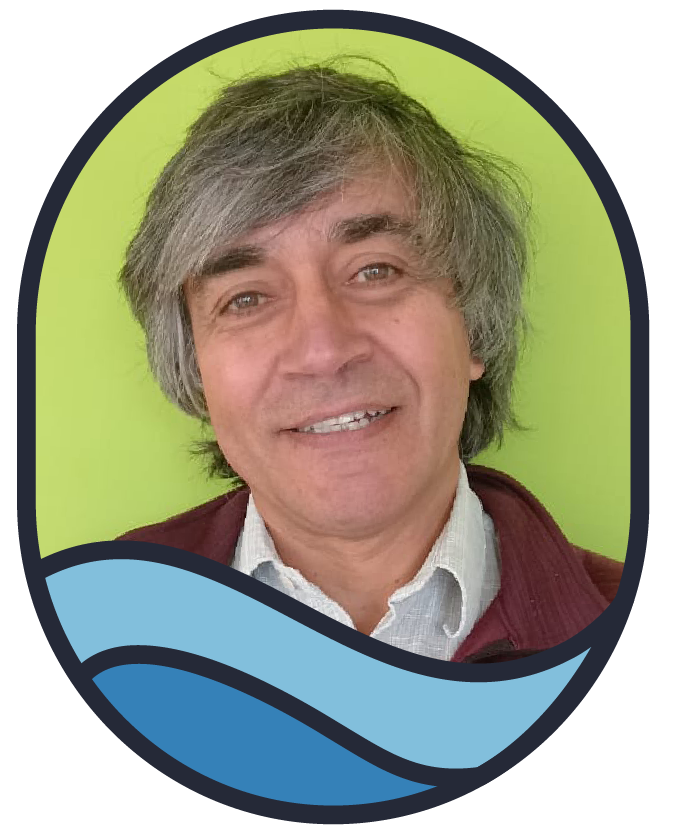
Sergio Navarrete
Pontificia Universidad Católica de Chile
Sergio A. Navarrete is the Director of the Estación Costera de Investigaciones Marinas of Pontificia Universidad Católica de Chile at Las Cruces and is also Professor at the school of Biological Sciences. He received his undergraduate in Marine Biology from Universidad de Concepción, Chile, his Ph.D. from Oregon State University at Corvallis, Oregon, and postdoctoral studies from University of California Santa Barbara, USA.
Sergio’s research attempts to address some of the critical issues faced by costal marine ecosystems in the Anthropocene era through establishing far-reaching, interdisciplinary research programs at the interfaces of marine ecology, oceanography, coastal engineering and modeling. He is the Director of Las Cruces Marine Reserve, one of the oldest in the region, which together with a spatially extensive monitoring program provides a strong baseline to assess the undergoing transformations suffered by coastal ecosystems. He has led large international and national collaborative initiatives to foster long-term research on global change, marine protected areas, and ocean observing systems and currently is associated to four interdisciplinary research centers.
Our Transforming Coastal Marine Ecosystems: The Urgent Need for an Effective and Science-Based Conservation Network along the Southeastern Pacific
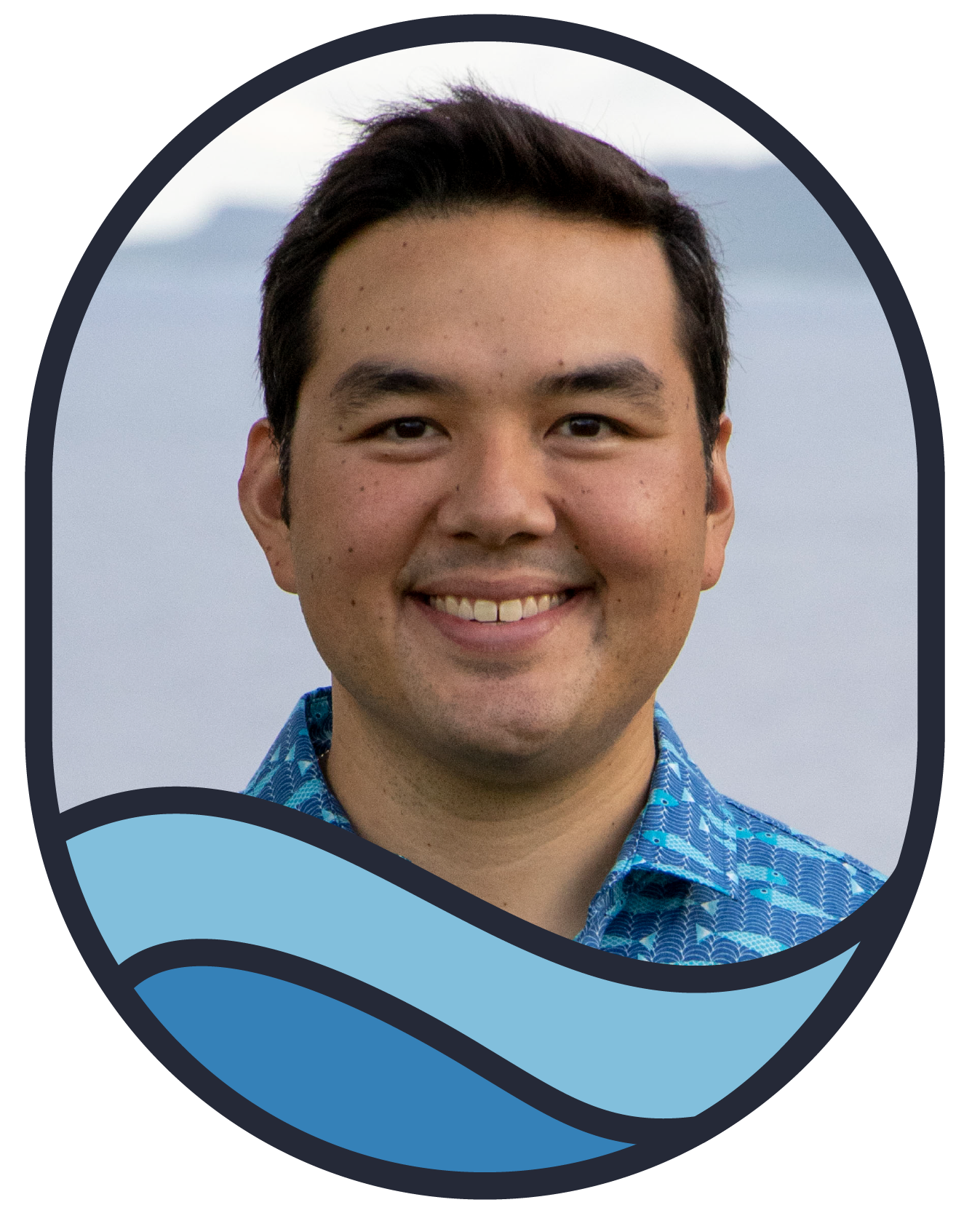
Austin Shelton
University of Guam Center for Island Sustainability and Sea Grant
Dr. Austin Shelton is a native of Guam who grew up observing environmental degradation and was inspired to become a marine and environmental scientist. He now serves as an assistant professor and the Director of the University of Guam Center for Island Sustainability and Sea Grant.
Shelton is an Obama Leader and one of 50 Under 40: Emerging Leaders in the Government of Guam. Shelton works to revive island ecosystems and advance the 17 United Nations Sustainable Development Goals. He co-chairs the steering committee of Guam Green Growth, the island’s most comprehensive public-private partnership ever created to achieve a sustainable future. The initiative earned the University of Guam the 2021 Excellence and Innovation Award in Sustainability and Sustainable Development from the American Association of State Colleges and Universities.
Shelton also collaborates regionally and internationally as a trustee of the Micronesia Conservation Trust; steering committee member of the Local2030 Islands Network; and representative to the Global Island Partnership (GLISPA), Secretariat of the Pacific Regional Environment Programme (SPREP), and National Sea Grant Association. Shelton earned a B.S. degree in marine biology from Hawai`i Pacific University and both an M.S. and Ph.D. in zoology with a specialization in marine biology from the University of Hawai`i at Mānoa.
Harnessing Wind in Our Sails to Sustainable 2030
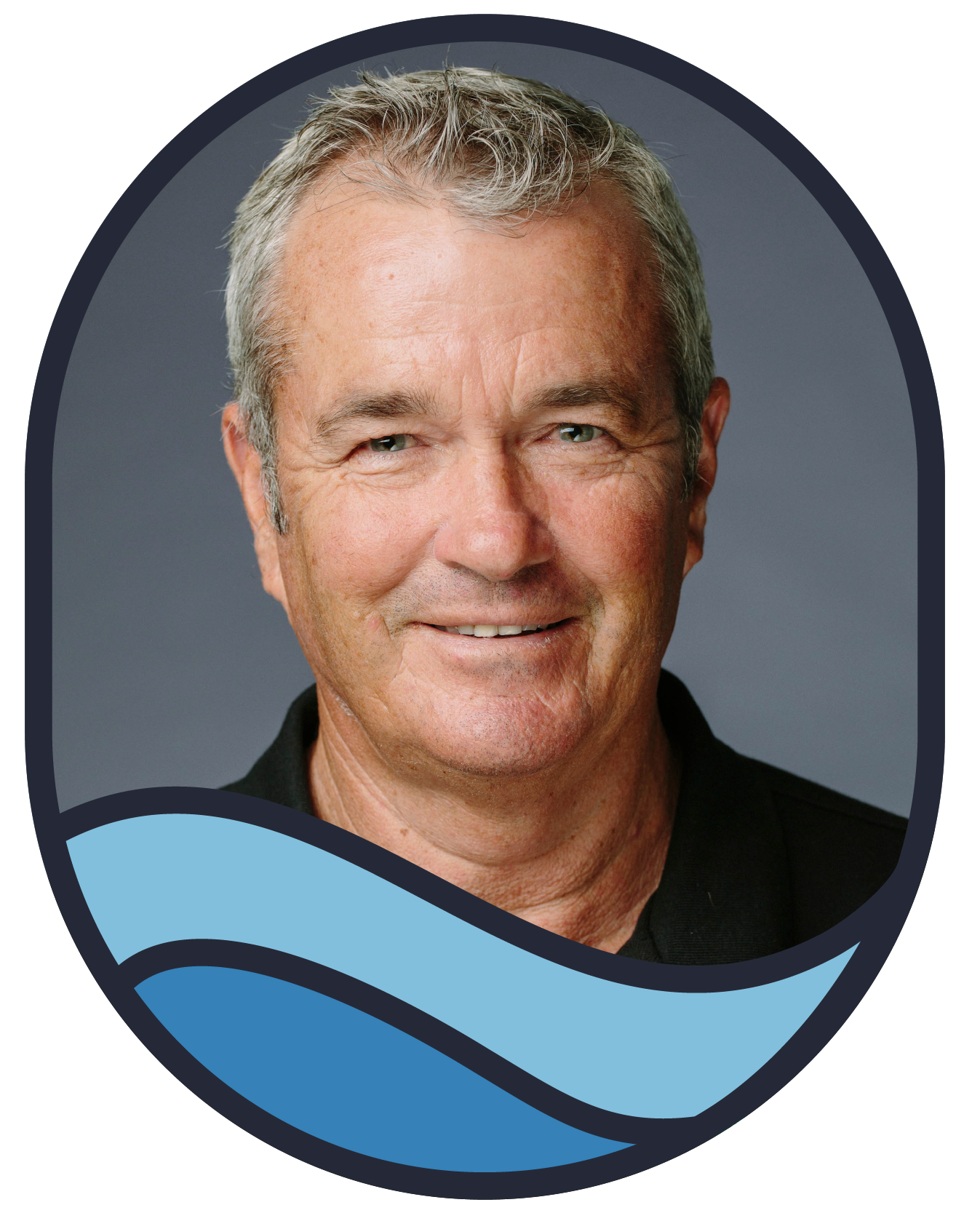
Michael J Kingsford
James Cook University (JCU), Australia
Mike has been a Chief Investigator with the ARC Centre of Excellence for Innovative Coral Reef Studies. A major focus of his research has been on reef fish ecology and demography, connectivity of reef fish populations, the ecology and behavior of larval fishes, the utility of Marine Protected Areas, and environmental records in corals and fishes. He has 40 years of research experience of studying fishes in temperate and tropical regions of Australia and other parts of the world. Over the last seven years he has worked at the Galapagos in collaboration with colleagues from USFQ. The focus of this research has been on detecting environmental signals and patterns of growth in fish that reflect upwelling conditions. Further, how upwelling affects patterns of abundance and biomass of herbivorous fishes.
Spatial Patterns of Upwelling at the Galápagos Influence Fish Assemblages & Environmental Records in the Otoliths of Fishes

Michael J Kingsford
James Cook University (JCU), Australia
Mike has been a Chief Investigator with the ARC Centre of Excellence for Innovative Coral Reef Studies. A major focus of his research has been on reef fish ecology and demography, connectivity of reef fish populations, the ecology and behavior of larval fishes, the utility of Marine Protected Areas, and environmental records in corals and fishes. He has 40 years of research experience of studying fishes in temperate and tropical regions of Australia and other parts of the world. Over the last seven years he has worked at the Galapagos in collaboration with colleagues from USFQ. The focus of this research has been on detecting environmental signals and patterns of growth in fish that reflect upwelling conditions. Further, how upwelling affects patterns of abundance and biomass of herbivorous fishes.
